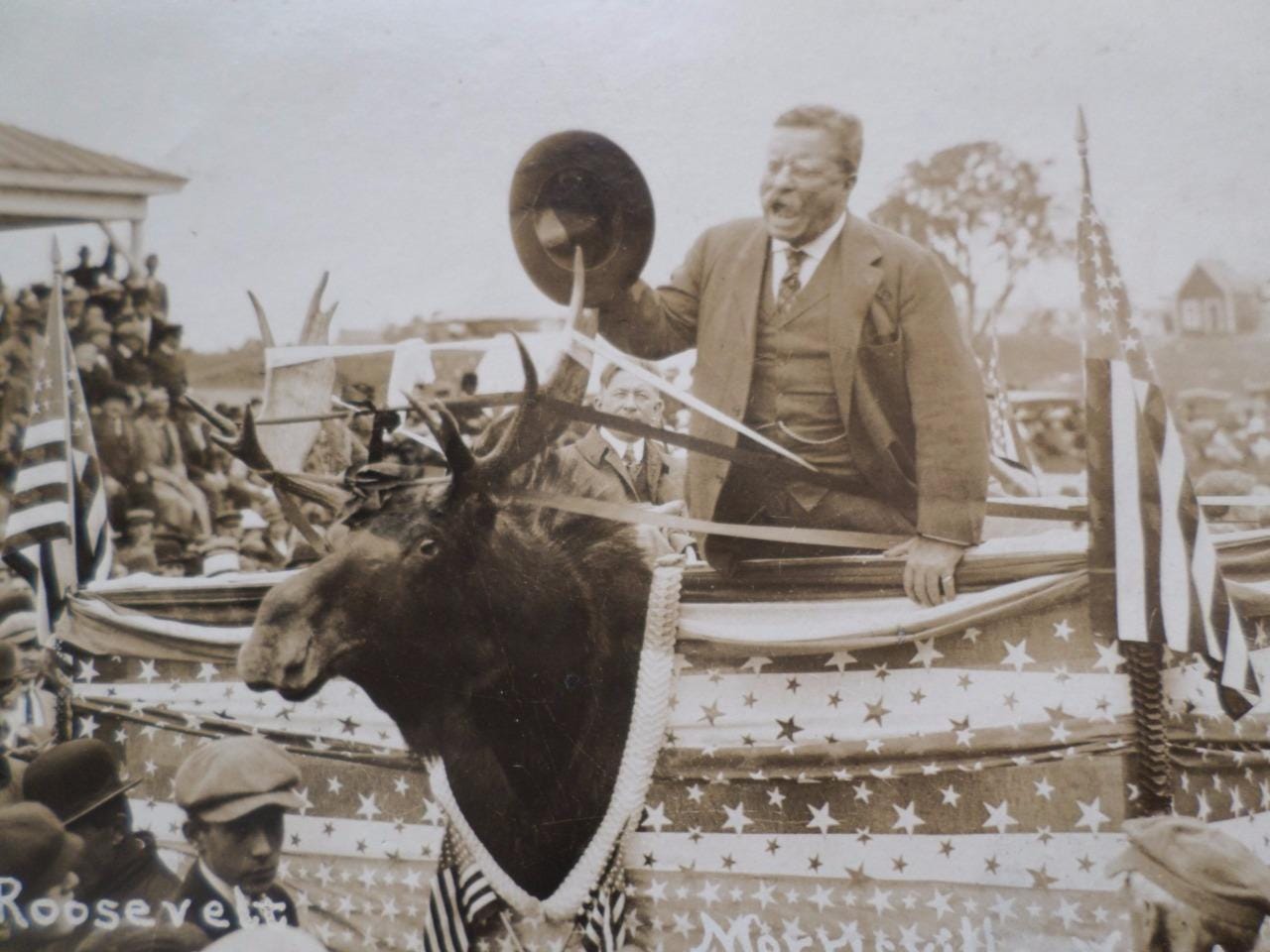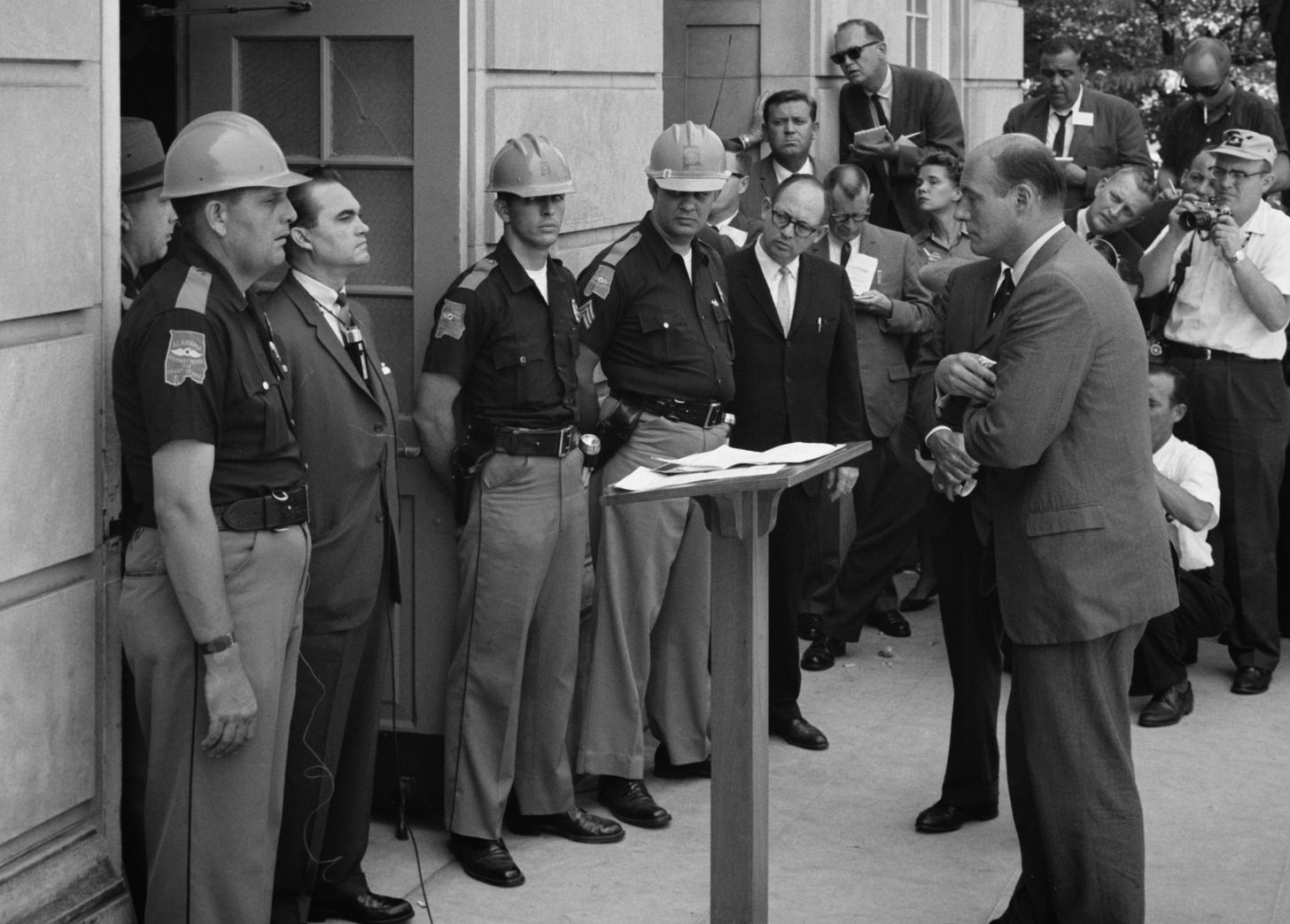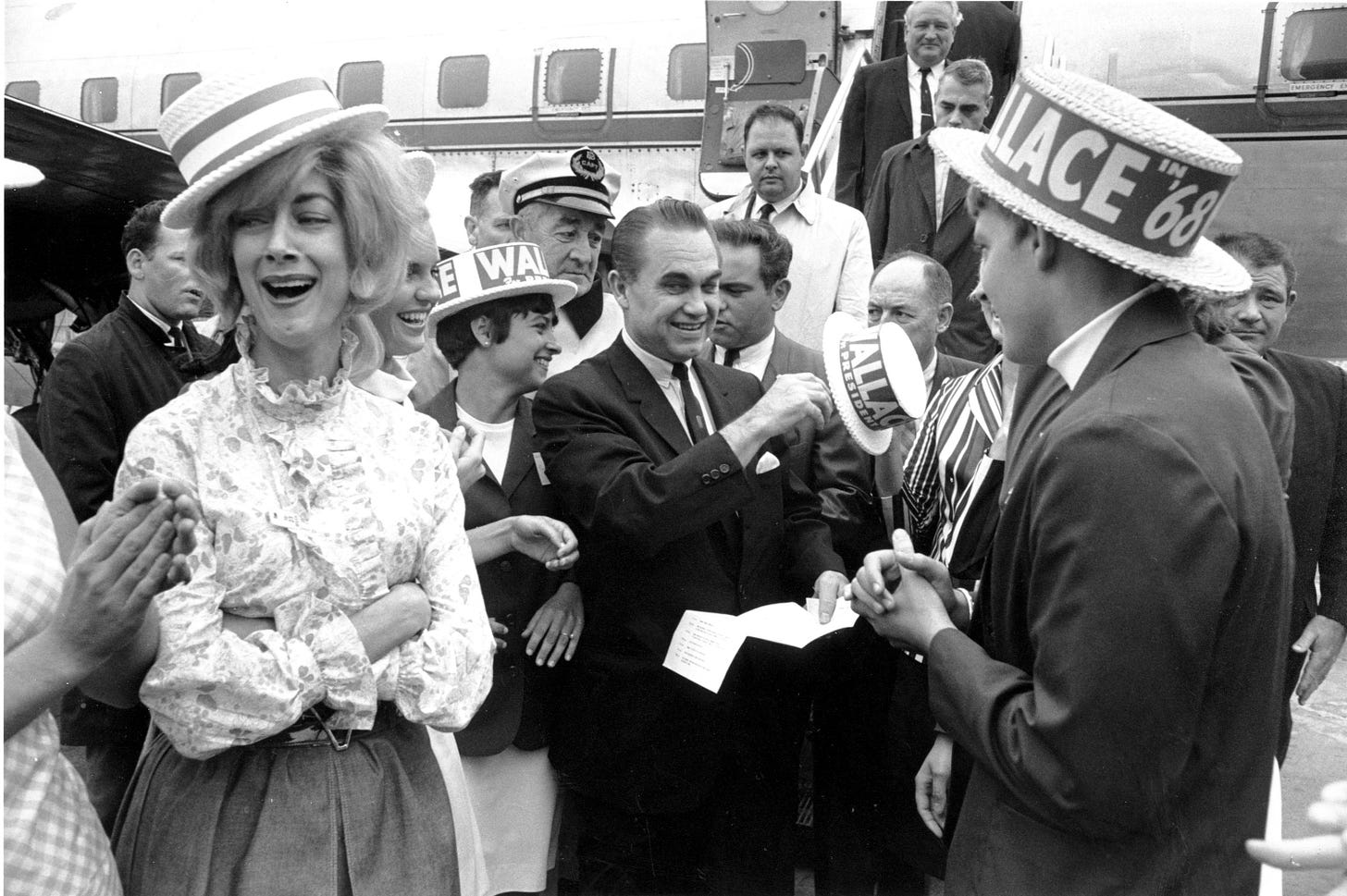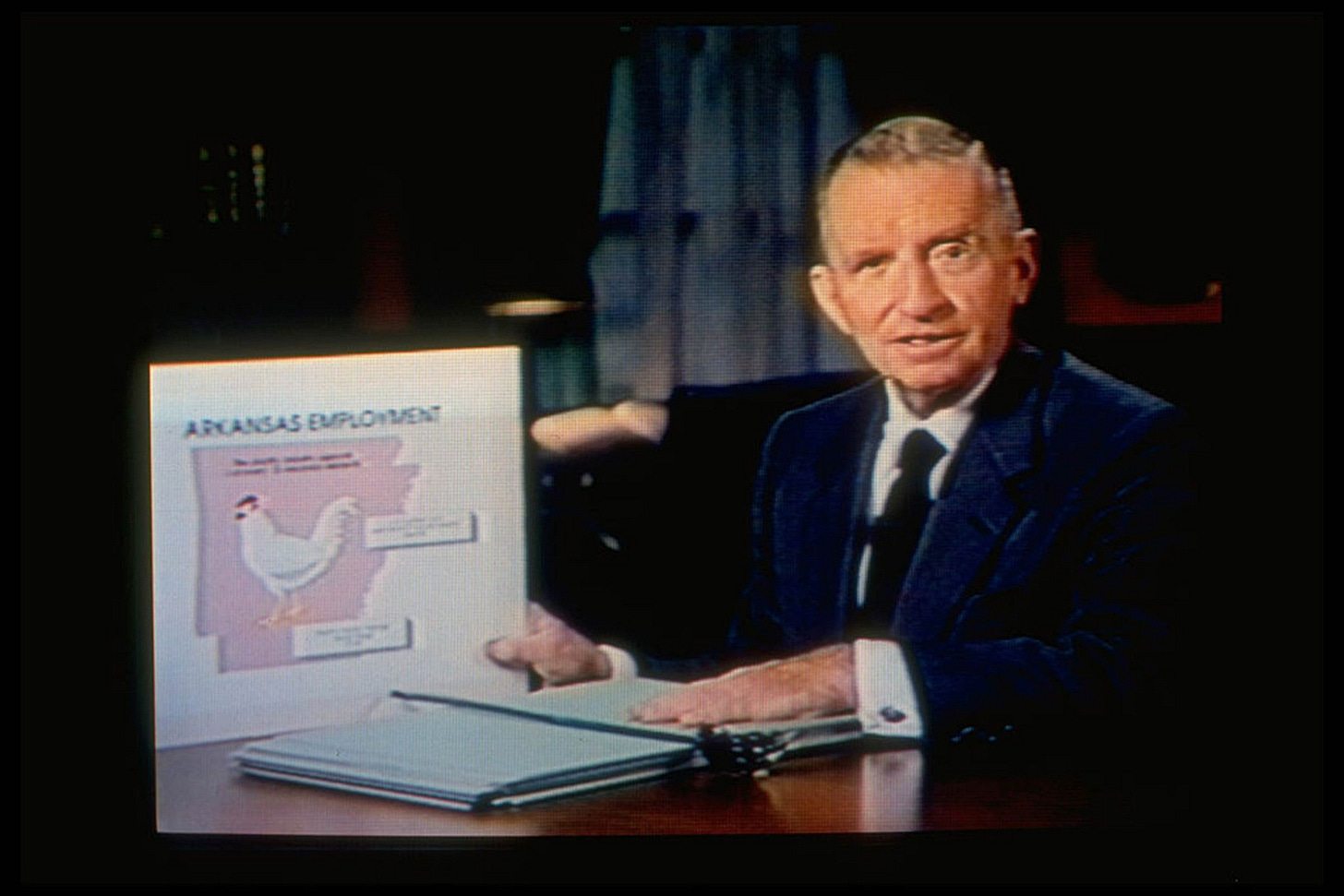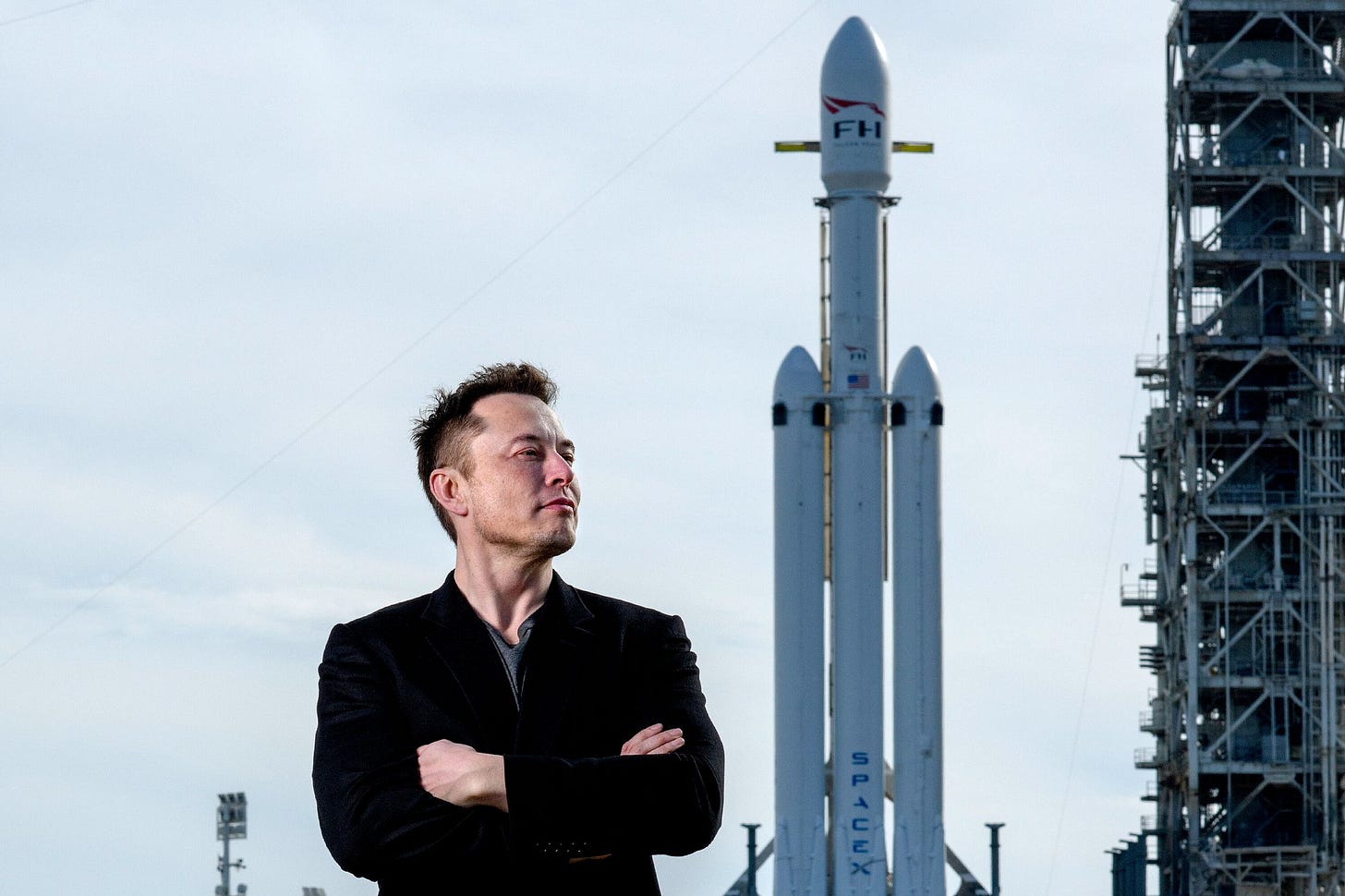On Saturday, July 5, prominent billionaire Elon Musk announced on X (formerly Twitter) his plans to create a third party to challenge America’s two party system.
This comes after a month long feud between President Trump and Musk over the passing of Trump’s landmark, One Big Beautiful Bill Act. The bill is seen as the fulfillment of Trump’s campaign promise to cut taxes and government spending. Although widely supported by Republican lawmakers, Musk has singled himself out as a dissenting voice.
Musk has called out the Republican Party’s support for the bill over the bill’s massive increase in government spending. The Congressional Budget Office estimates that the bill could add $3.3 trillion to the deficit over the next 10 years. Musk argues that the people voted the Republicans into office to cut spending, and the bill betrays what Republicans promised to do.
Over the past month, Musk has threatened to work against lawmakers who support the bill. He also hinted at forming another political party to truly represent the people and create the change that they had voted for instead of upholding the status quo. Finally, after Congress passed the Big Beautiful Bill and Trump signed it into law on July 4, Musk put out a poll on X asking whether to form the America Party to challenge the two party system. The poll had over a million responses and the final results supported the creation of a third party.
However, while many conservatives agree with Musk’s criticism of the Big Beautiful Bill, they reject his plan to create a third party stating that they should just reform the Republican party or that a third party will split the vote and end up supporting Democrats.
One of the many critiques is America’s history of doomed and lacking third parties.
America’s History of Third Parties
There have been multiple political parties throughout American history, but there have mostly remained two dominant political parties at a given time. However, there have been multiple third parties spring up in an attempt to break the two party system, each time with varying effects.
The Progressive Party (The Bull Moose Party)
In 1912, former President Theodore Roosevelt split from the Republican Party and formed the Progressive Party to push for stronger government regulation and advocate for everyday citizens. This happened after a rift formed between the conservative and progressive wings of the Republican Party with the conservatives supporting Roosevelt’s successor, the incumbent President Taft.
Like Musk, Roosevelt was moved to create the Progressive Party in an effort to better represent the people. Roosevelt ended up beating Taft and the Republican Party in the 1912 election, securing 88 electoral votes to Taft’s eight votes. However, this split in the Republican Party paved the way for Democrat candidate, Woodrow Wilson, to easily win the presidency with the remaining 435 electoral votes.
The American Independent Party
The 1960s proved to be a turbulent time in American history with the Civil Rights Movement and the raging Vietnam War, and in 1968 many Americans were wanting something different.
Appealing to the everyday working class and Americans wanting law and order, Alabama Governor George Wallace ran for president under the American Independent Party. Just five years before, Wallace had been the governor who stood in the door of the University of Alabama to block the admission of two African-American students to the all-white university. Now in 1968, Wallace was running on a platform of restoring law and order and limiting federal power over the states.
Wallace’s campaign turned out to be one of the most successful third party campaigns in US history. He won 46 electoral votes with five states in the deep South and secured 13.5% of the popular vote. Despite losing to the Republican candidate, Richard Nixon, many believe Wallace’s appeal to everyday southern conservatives is what led to the Republican Party’s shift towards its current conservative position and dominance in the American South.
Reform Party (Ross Perot)
In 1992, the two major candidates for the presidency were the incumbent Republican George H.W. Bush and Democrat Governor Bill Clinton. But both were in really volatile positions plagued by scandal and broken promises. So when Ross Perot announced that he would run for President if Americans got him on the ballot in all 50 states, people looking for a change were more than willing to support him.
His campaign appealed to everyday Americans and heavily relied on TV with 30 minute infomercial style ads. His platform mainly focused on opposition to the North American Free Trade Agreement (NAFTA), which Perot believed was sucking jobs out of the US, and the growing national debt.
Perot would run of the most notable third party campaigns in US history securing 19% of the popular vote, though he didn’t win a single electoral vote. Some believe that Ross Perot’s campaign is what led to the defeat of the Republican incumbent George H.W. Bush and the election of Bill Clinton.
How Elon Plans To Be Different
However, while many details still remain unclear, Musk has laid out a rough plan for how the America Party could achieve its goals in an X post.
So as of right now, Musk is not advocating for a nationwide movement for the Presidency as previous third parties have, but just a handful of Congressional seats to better represent the people and control legislation.
If there’s anyone in the world with enough resources to accomplish this, it’s Musk, the richest man in the world with a net worth of around $342 billion. However, money doesn’t always mean results as billionaire Michael Bloomberg's campaign for the 2020 Democratic nomination illustrates. According to ABC, the media billionaire spent $1 billion in a little over three months before dropping out of the race, conceding to Joe Biden.
However, the winds are changing…
The initial criticism of Musk’s third party might be shifting. He’s attracted the attention of billionaire and Shark Tank star, Mark Cuban, and former Democratic presidential candidate, Andrew Yang. However, the biggest driver of interest to Musk’s America Party has been a recent announcement from the Trump Administration.
On Monday, July 7, the Department of Justice has concluded that there appears to be no “Epstein list” and has ended the public release of case-related files. This has sparked frustration among those who believe that the government is covering up the truth about Epstein's activities with the rich and powerful from the people, and now Trump is complicit. This is seen as a further betrayal to many conservatives who voted for Trump’s promise to release the full Epstein list.
With conservatives split between Trump and Musk, the future of the Make America Great Again (MAGA) movement is now up in the air.
The $3.3 billion spending increase of the Big Beautiful Bill and the suspicion surrounding the alleged Epstein list have opened an opportunity for Musk’s new America Party. From pursuing a colony on Mars to entering politics, the South African born billionaire just might have the potential to redefine American politics forever with the success of a third party.




